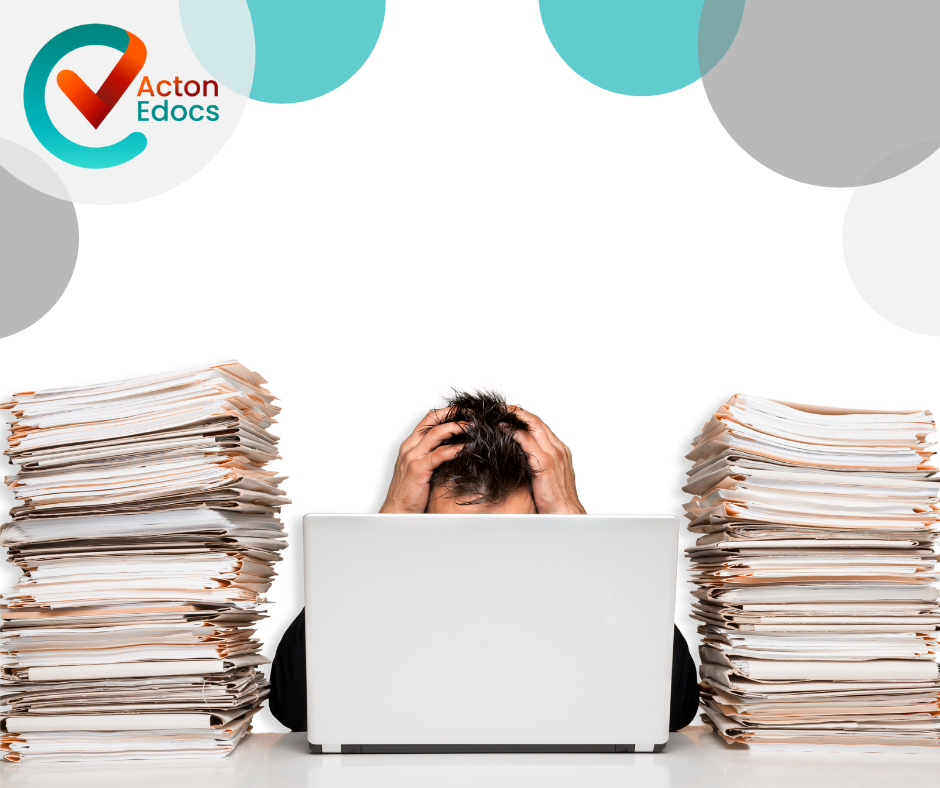
According to statistics gathered through the Labour Force Survey (2019-2020), 828,000 workers reported feeling stressed, anxious, or depressed at work; a 347,000 increase from the previous reporting year.
When it comes to stress in the workplace, it isn’t an issue that should be swept under the carpet and ignored. As should be the case with all Health and Safety issues, let’s take a look at some of the root causes of workplace stress.
Workloads and Intrinsic Factors
Being overloaded with work contributes to 42% of all stress at work cases, according to the THOR-GP Network, in agreement with the LFS. Whether it is a sudden onset of new clients, or the high workload is something that comes naturally with the job, being overworked causes huge amounts of stress among workers.
Interpersonal Relationships
Acquaintanceships and friendships in the office are great for teamwork and interdepartmental communication, but conflict can arise between individuals in any workplace. When there’s conflict, stress isn’t too far behind; 26% of stress cases were attributed to interpersonal relationships and conflicts within the workplace.
Other Factors
While the two above stress factors constitute the top 68% of reported cases, there are multiple other factors that are known to cause stress in the workplace, such as role uncertainty, lack of support, or violence/bullying. While the statistics for each of these are significantly lower, the importance of identifying and dealing with these issues are just as high.
Other external factors, such as the size of the workplace, have also been shown to affect stress; businesses with upward of 250 employees report nearly twice as many cases per 100,000 workers as businesses with fewer than 50 employees.

Dealing with Stress
Finding methods for dealing with stress can be difficult, and not everything will work for everyone, so it is important to try different things to find something that works well for you. Here are a few suggestions:
- Regular breaks. Taking the time for a short walk away from your desk can help to alleviate the symptoms of stress.
- Taking time to relax outside of work. Try to avoid bringing work home with you where possible, and make sure to put aside time to relax and de-stress once you leave the workplace.
- Speaking to your manager. If your workload is overwhelming you, or you feel you are being pushed too hard, sitting down with your supervisor to talk it through can help; whether to lighten the workload, or to find other solutions to make sure you are not overworked.
- Reaching out to someone. Talking to a trusted friend or relative can be a great help when managing stress. Your business may also have stress management resources available, like online resources or mental health professional referrals.
Keeping stress levels down is important, not just in the workplace, but outside of the office too. Remember to keep your mental health in good order, and always seek help if you feel you need it! And don’t forget to take a look at some of our other articles for tips and advice in the workplace: Acton E-Docs | Blog
